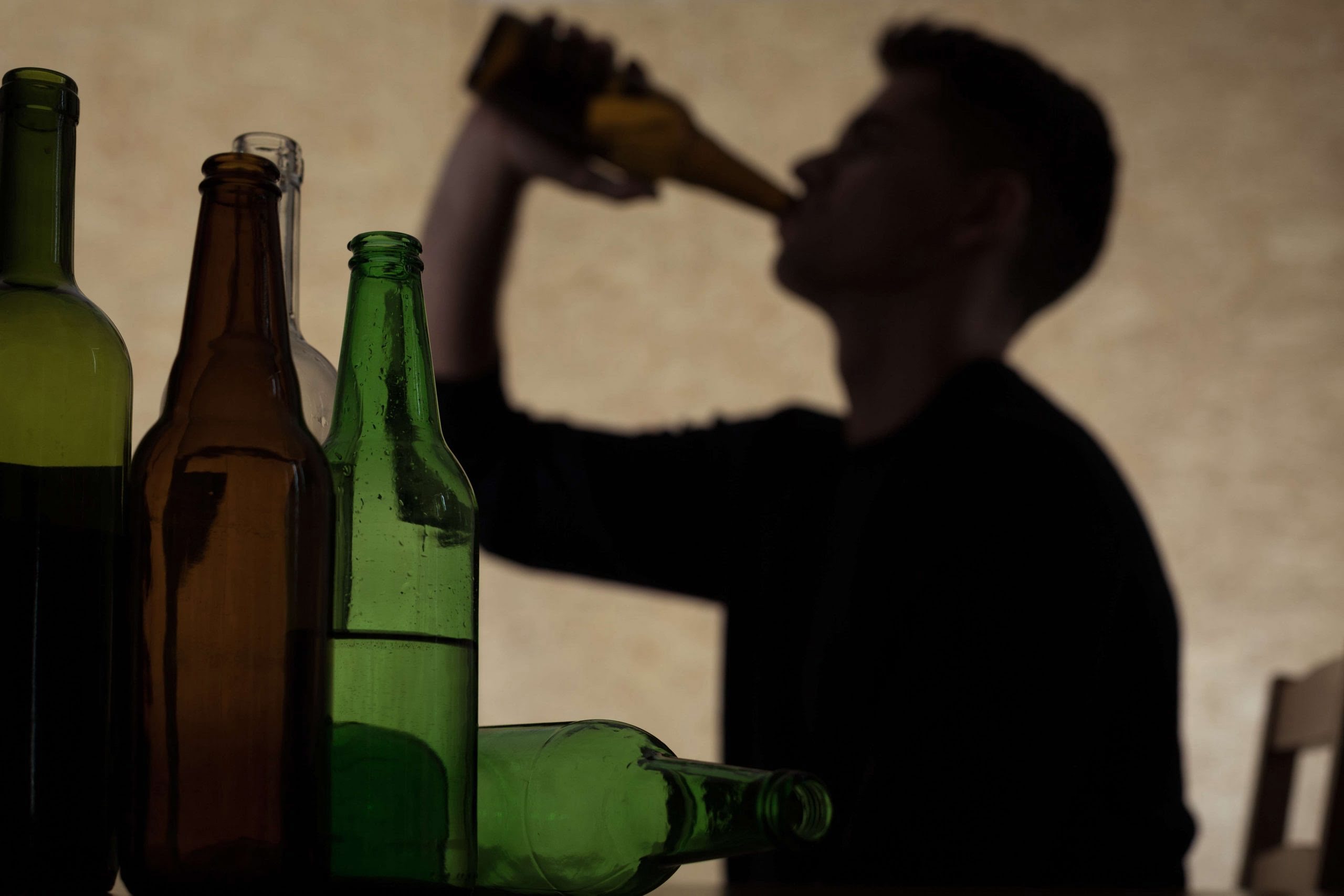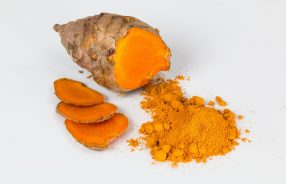Step One of the 12 Steps
You might be avoiding taking the first step toward recovery due to myths and misunderstandings surrounding AA and its steps. Here are some of the most common myths debunked or explained. Step 1 of AA acknowledges the need for members to hit rock bottom to understand alcohol addiction’s 12 Group Activities For Addiction Recovery destructive nature. What does “powerless” mean when it comes to alcoholism/addiction? The dictionary defines powerless as being without the power to do something or prevent something from happening. Let’s think about this definition as it relates to alcoholism/addiction.
Defining powerlessness can be difficult for most of us, mostly because while in the moment, it can be hard to know that you’re not in control. One of the fundamental aspects of embracing powerlessness is surrendering control. In addiction, individuals often try to exert control over their substance use, believing they can manage or moderate it. However, this control becomes an illusion, leading to a cycle of destructive behaviors. In sobriety, recognizing the futility of control and surrendering to the fact that addiction cannot be controlled is a crucial step towards recovery.
Work With a Counselor and/or Get an AA Sponsor
Alcoholics Anonymous Step 1 is the beginning of a 12-step program to get and stay sober. Taking this first step and admitting you are struggling with alcohol misuse can be difficult, but it is the foundation of all positive change according to AA. Couples therapy and family counseling is often a part of alcohol treatment since drinking likely impacts your relationships with those in your life. The therapist would help you, and your family members better communicate with each other and strengthen your relationships.
- It involves recognizing the need for support, seeking help when necessary, and understanding that it’s okay to ask for assistance.
- Over time, you and your family lose control of your thinking.
- Ambrosia was founded in 2007 with a mission to provide truly individualized substance abuse treatment to every person who enters one of our programs.
I saw that I was worse than I knew, but understanding the problem helped me accept the solution. Today with the understanding of powerless, our number one priority is our relationship with our creator and how we can best serve. We’ve had good reasons to quit for good, and we continued drinking or using drugs anyway. This understanding of the word obsession explains why we keep going back to pick up the first drink or drug. It makes so much sense when we look back at our behaviors—the threat of relationships ending, poor health, work-life, bad decisions, legal trouble, etc.
Step 1 of Alcoholics Anonymous (AA)
Your sobriety will remain unpredictable, and you won’t find any enduring strength until you can admit defeat. We sometimes feel as if we are the victim and point fingers at other people or situations. This kind of thinking prevents us from looking at our powerlessness. Accepting our powerlessness opens us up to the willingness for a Higher Power’s help.
Only after admitting you are powerless can you begin to make changes in yourself. From step one, you can continue to https://en.forexdata.info/the-missing-piece-the-spiritual-malady/ the rest of the 12 steps and 12 traditions. When we are struggling with addiction, we can feel incredibly powerless.
The Twelve Steps
The family can become totally controlled by diseased thinking. Although the illusion of control may continue, their lives become unmanageable, because alcohol is really in control. When alcoholism or alcohol use disorder begins to take control of a family, usually one of the first things to go is honesty. The person with the problem often lies about how much they drink and those around them may begin to cover for them as the problem progresses. If you are struggling with addiction, reach out to a friend, family member, therapist, treatment center, or other support system.

Through this acceptance, individuals can find the support and resources they need to build a foundation for lasting sobriety. Contrary to the perception that powerlessness implies weakness, embracing powerlessness in sobriety can actually be a source of strength. It takes courage and self-awareness to confront the reality of addiction and acknowledge the need for help.





